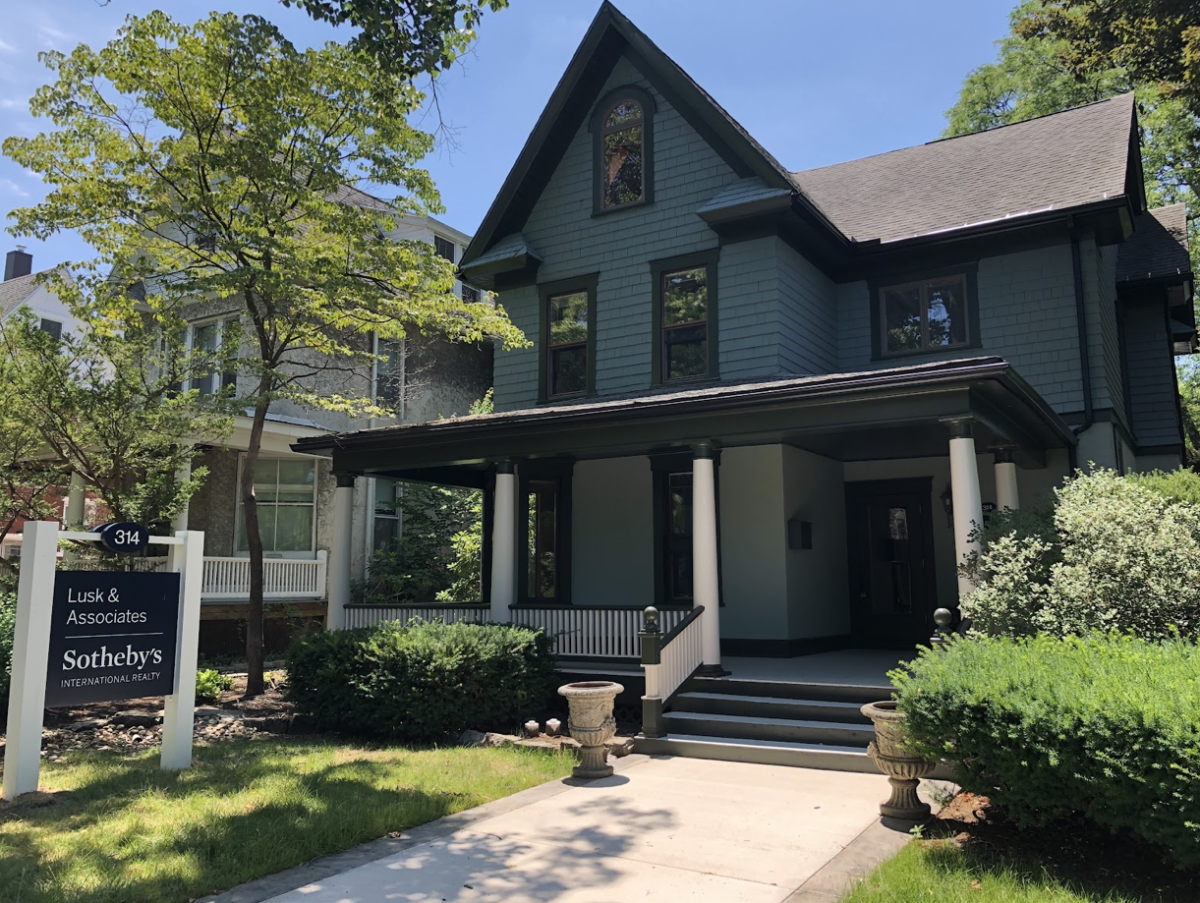by Sarah Taylor
For decades, the real estate market has been shaped by a standard 6% commission fee on home transactions (in discussions with local real estate agents all have stated emphatically that commission rates were always negotiable.) But now, with a groundbreaking antitrust settlement poised to disrupt this, let’s look at the implications for consumers.
A brief look back: From buyer-beware to buyer protection
Before the 1970s, navigating the home-buying process was a game of “buyer beware.” However, the adoption of agency in the 1970s changed the game, ushering in an era of buyer protection and representation. According to local realtor Joseph C. Herrle, this shift laid the foundation for greater transparency and fairness in real estate transactions.
However, after a few decades, antitrust concerns slowly began to rise. With a desire for more transparency and fairness, the recent ruling on the NAR’s $418 million dollar settlement is set to revise commission rules.
The settlement’s impact on Happy Valley
Under the terms of the recent settlement, the National Association of Realtors (NAR) has agreed to pay $418 million in damages and revise rules surrounding commissions. Traditionally, sellers bore the burden of the 5-6% standard brokerage fee, but lawsuit-filing home sellers argued for a more competitive market where buyers, not sellers, would bear these costs.
This settlement will mark a significant departure from the customary practice of sellers paying buyer brokers.
Local real estate professional, Anne Lusk of Lusk & Associates, explained that while commission rates have always been negotiable, the new settlement requires buyer agents to have a written agreement with clients to specify their services’ fees.
 Lusk & Associates office on 314 S. Burrowes Street, State College – located only two doors down from HappyValley Industry’s headquarters | Image Credits: HappyValley Industry
Lusk & Associates office on 314 S. Burrowes Street, State College – located only two doors down from HappyValley Industry’s headquarters | Image Credits: HappyValley Industry
Jack Ryan, co-founder and CEO of the national REX Real Estate company, emphasized the potential for increased transaction volume and cost savings with lower broker commission rates. This shift could have ripple effects across industries tied to home trading, benefiting the local economy as a whole.
In addition to potential cost savings, the settlement introduces new rules aimed at promoting transparency and fairness in real estate. According to NAR Settlement FAQ, the practice changes in NAR’s mandatory MLS [multiple listing service] policy will take effect on August 17, 2024.
MLS is a database established by cooperating real estate brokers to provide data about properties for sale. An MLS allows brokers to see one another’s listings of properties for sale to connect homebuyers to sellers. The ruling means that brokers will no longer be able to offer compensation to buyer agents through MLS and that buyer agents will need to negotiate their fees directly with their clients or through seller concessions outside the MLS system.
What it means for you as a buyer
Buyers will need to budget separately for the buyer agent’s commission, which is negotiated separately from the property purchase price. Because buyers are now directly paying their agents, agents might lower their fees to remain competitive, which might lower the overall commission costs. In negotiations, buyers can ask sellers to contribute to their agent’s commission as a seller concession. However, this depends on the seller’s willingness and the current market conditions.
What it means for you as a seller
Sellers have the potential to get significant savings as they are no longer responsible for the buyer agent’s commission. Lusk of Lusk & Associates clarified that sellers will still have an option to offer compensation to a buyer’s agent if they choose it; however, the compensation won’t be listed on the MLS.
While sellers still need to pay their listing agent, they might be able to negotiate a more favorable rate. However, some sellers might need to lower their pricing expectations or offer more incentives in order to attract buyers.
Local concerns and considerations
Despite the promise of a more equitable market, some Happy Valley realtors, like Herrle, express concerns about potential misinformation and fraud impacting buyers. Lusk suggested that the change will result in more paperwork and confusion, and that clear communication, negotiation, and the spread of knowledge from experts will be essential to mitigate confusion.
Conclusion
While NAR’s settlement will have an impact on the industry, people will still need to buy and sell houses. Clients will be able to choose the professional that best suits their needs and pocketbooks, and there will continue to be negotiations between agents and clients.
While the changes might seem confusing and slightly overwhelming, it’s important to note a few key things: One major change is the fact that buyers are now responsible for paying buyer agent’s commission separately, instead of this fee being included in the property prices. This means buyers should budget separately and negotiate these fees. Now that sellers are not responsible for paying the buyer agent’s commissions, they have the potential for savings. However, buyers can negotiate for sellers to cover buyer agent’s commission as part of seller’s concessions. The settlement’s new rulings are designed to help improve transparency and empower consumers.
As a resident, local employee, business owner, or Penn State alum in Happy Valley, this settlement represents an opportunity for greater autonomy and influence in real estate transactions. With lower commission rates and increased transparency, you can navigate the market with confidence, knowing your interests are prioritized.
 State College property with sale pending | Image Credits: HappyValley Industry
State College property with sale pending | Image Credits: HappyValley Industry





